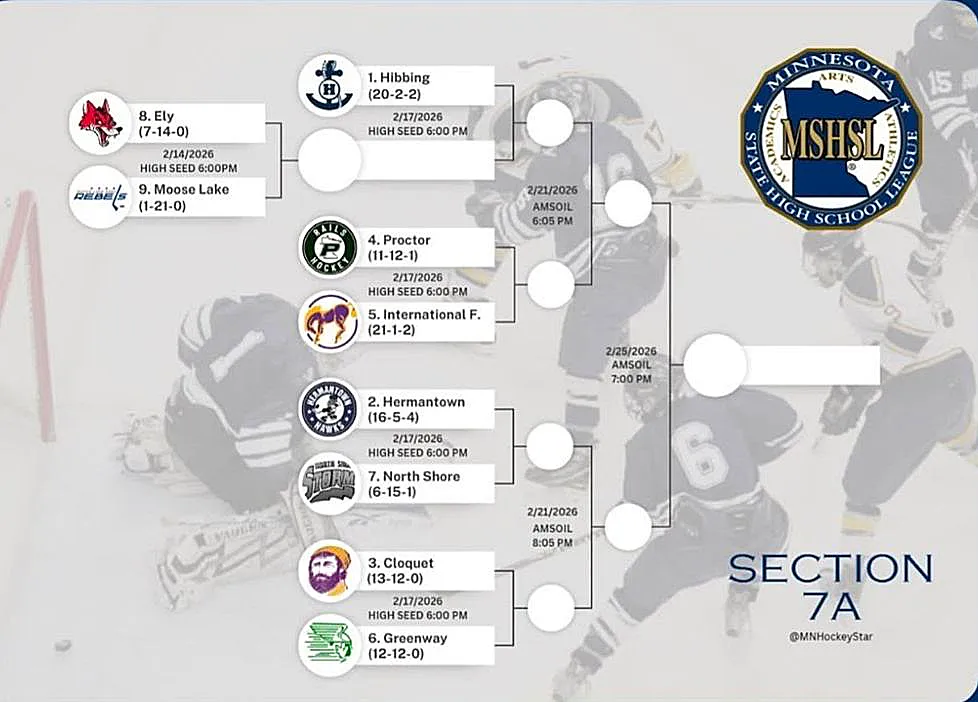Minnesota nurses today requested the intervention of a mediator to assist in resolving contract negotiations with Essentia Health. This request follows months of stalling and ongoing unfair labor practices that threaten patient safety.
The nurses aim to restore integrity to the bargaining table and have also asked Essentia to withdraw all anti-union proposals presented thus far.
The Minnesota Nurses Association (MNA) made this request during the bargaining session on June 12, reflecting the union’s ongoing efforts to secure a fair contract that emphasizes safe staffing levels and patient care. This step is significant, as Essentia is the only hospital among the 13 MNA currently negotiating statewide where nurses believe mediation is essential for progress. The numerous anti-union proposals and instances of bad faith bargaining at Essentia highlight the urgent need for intervention.
“Nurses want to discuss safe staffing, but Essentia hinders constructive dialogue by engaging in unfair labor practices,” said Chris Rubesch, RN at Essentia and MNA President. “While executives use legal jargon to evade their responsibilities, we are focused on protecting patients. The current approach is inadequate and harms both patients and nurses. We need a mediator.”
Nurses have also agreed to a 10th bargaining date in addition to a pre-scheduled session on June 25, which is an improvement over the pace of contract negotiations in 2022.
Essentia has not acknowledged that of the 26 bargaining sessions held in 2022, half occurred after a strike. However, nurses have not agreed to a contract extension, which would only benefit a system that has repeatedly engaged in illegal conduct, including retaliation, intimidation, and denial of basic union rights within the hospital. A contract extension would not yield any meaningful progress and serves primarily as a legal tactic to prevent a potential strike.
It is important to note: Essentia Health has not presented a single wage proposal and has not made serious attempts to discuss safe staffing. Instead, they have focused on blaming nurses for scheduling decisions and using procedural arguments to disguise their lack of action.
Essentia claims that the MNA turned down 46 of 54 proposed bargaining dates. What they fail to recognize is that the MNA strategically selects dates to allow time for consultation with their 1,500 nurses in the Twin Ports. For Essentia to offer dates without presenting a sincere proposal at the table is not genuine bargaining; it is merely a tactic for public relations.
Nurses understand the reality on the ground: whether they meet ten times or one hundred, Essentia is refusing to engage meaningfully with the critical issue of safe staffing.
“We didn’t become nurses to play legal chess,” said Katie Murray, an RN at Essentia-Duluth. “We are here to save lives. However, Essentia’s refusal to address real workplace concerns is endangering our patients.”
Nurses are now voting on whether to authorize a strike, not due to any specific proposal, but because of a pattern of bad-faith behavior and escalating unfair labor practices that compromise both worker safety and patient care.“
"No one wants a strike, but we’ve been pushed to the limit,” said Stacee Rosier, a Registered Nurse at Essentia-Duluth. “We face retaliation when we speak up, and our employer refuses to engage in good-faith bargaining on essential staffing and safety issues. We are at a breaking point.”
Nurses believe that fair contracts lead to safer hospitals, higher retention rates, lower healthcare costs, and fewer patient injuries. However, achieving these outcomes begins with good-faith bargaining, something that Essentia Health has thus far been unwilling to pursue.
Meanwhile, nurses with the Minnesota Nurses Association announced Wednesday that they will hold an Unfair Labor Practice (ULP) strike vote on Monday, June 23, 2025, as 15,000 nurses in the Twin Cities and Twin Ports fight for fair contracts to prioritize safe patient care. If passed by a supermajority of nurses, the vote would give nurse negotiators the discretion to call for a ULP strike at any time, provided they give a 10-day notice to hospital employers.
“Given the egregious unfair labor practices taking place across all 13 hospitals, nurses have decided to take the next step and hold a ULP strike vote in protest. We have consistently come to the bargaining table in good faith and been transparent about our proposals, yet have received stonewalling, interference and retaliation in return,” said Rubesch. “For decades, nurses have been sounding the alarm about increasingly unsafe staffing levels in our hospitals, leading to the current crisis we are experiencing now. As more patients experience adverse health events, more nurses are subjected to violence and more healthcare professionals are fleeing bedside care altogether, the hospitals’ bad faith bargaining is a slap in the face to both nurses and patients. We cannot and will not accept it.”
The unfair labor practice strike authorization vote for 13 hospitals statewide comes as nurses in the Twin Cities have negotiated since March and are now working without contracts, while nurses in the Twin Ports have negotiated since April, with a contract expiration looming on June 30.
Why Nurses are Voting
Nurses have bargained in good faith and brought actual solutions to the bargaining table regarding safer staffing ratios, workplace violence prevention measures, and proposals for better scheduling and flexibility to reduce turnover, but hospital executives have refused to listen. Instead, they have reacted by committing Unfair Labor Practices, which put illegal and unethical hurdles in front of nurses in order to prevent them from asserting the rights given to them by the National Labor Relations Act (NLRA). These Unfair Labor Practices are taking place at all of the 13 negotiating hospitals and include incidents of retaliation for union activity, denying access to non-patient care areas such as breakrooms, surveilling union conversations, and refusing to provide information that is necessary to bargain.
Additionally, hospitals have refused to have real, good-faith discussions about issues that are mandatory subjects of bargaining. Nurses have made it clear from the beginning that these negotiations need to include conversations around the real issue of safer patient-to-nurse ratios in hospitals, which studies show could save hospitals millions, reduce patient mortality rates and length of hospital stays, lower nurse burnout, and increase the number of nurses at the bedside. However, hospitals have refused to seriously discuss or consider these proposals.
“The power dynamic in negotiations heavily favors the employer, so nurses must take any and all opportunities to demand a fair playing field. When employers refuse to follow the rules, voting for an Unfair Labor Practice strike is one of the few levers of power that we have,” said Ericka Helling, RN at M Health Fairview’s Southdale Hospital and MNA Negotiating Team Member. “It is clear in the proposals and actions of hospital executives and their refusal to consider any staffing language, that they are prioritizing the hospital’s bottom line over patient care and refusing to bargain in good faith. These corporate policies and actions will push more nurses to leave the bedside and continue to leave patients in danger. We demand fair bargaining for nurses and our patients.”
Since negotiations began in March, nurses have pressed hospital executives both at the bargaining table and in public over the need to negotiate in good faith with nurses to solve the unsafe staffing crisis in our hospitals and put patients first. Nurses held informational pickets at 13 hospitals throughout the state on June 4, spoke out against corporate healthcare policy outside Medical Alley’s annual dinner, and released a report on hospitals’ decreasing contributions to Charity Care despite their tax-exempt status requirements.
This campaign is not a repeat of the last contract negotiation in 2022. At the time, nurses were calling attention to a growing problem. Now, the crisis is undeniable, and the data confirms what nurses have been telling corporate executives. Nurses are taking this vote to protest the hospitals’ unfair labor practices and make hospital executives come to the bargaining table to negotiate in good faith so the parties can work on finding solutions for safe staffing and workplace violence.
Source: MNA press releases, edited slightly for clarity







